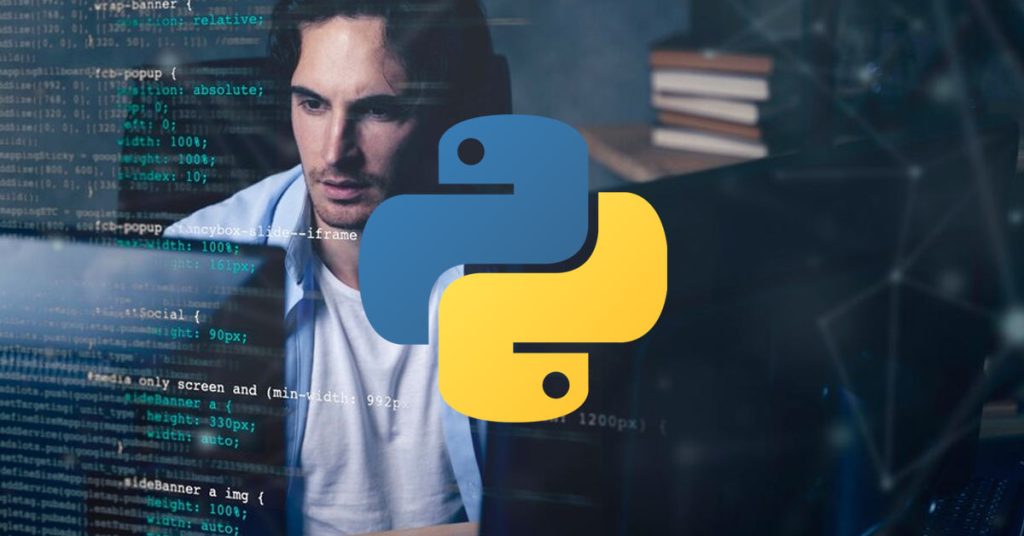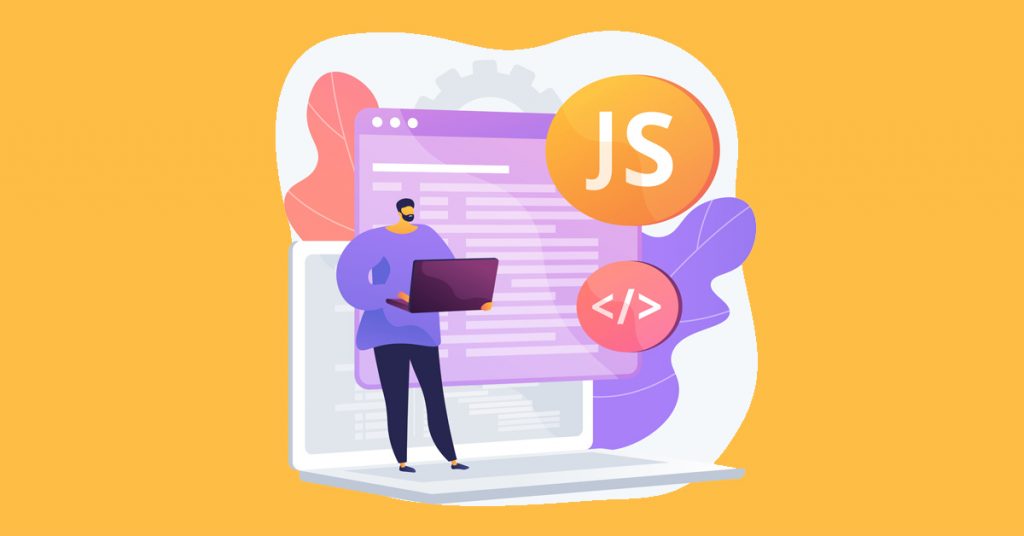In recent years, the IT sphere has become synonymous – warranting a successful career and a high salary, so more and more people want to “enter IT”, but few people understand where to start and which direction to choose. In order not to get confused by hundreds of new terms and dozens of programming languages, we recommend starting your journey with our article. We will give a clear guide to the potential learners in this field including the necessary skills required in the simplest language possible.
Main specializations in programming
The development industry is constantly developing, new directions are opening up in it, and some are losing their relevance.
Today, there are several main specializations:
- Web development,
- Video Game development,
- Mobile development,
- Development of desktop applications,
- Programming of embedded systems (Embedded development),
- Data Science, programming artificial intelligence, neural networks, working with big data.
Let’s talk about each direction in more detail.
1. Web development
The main task of such a specialist is the development of websites and web resources. The Internet is growing, and with it the sphere of web development, which is why several narrower professions have already formed inside it:
Front-end
Frontend developers are responsible for creating the user interface of websites, to put it simply – for their external implementation. For this profession, it is necessary to learn JavaScript, HTML and CSS (layout), as well as Perl, PHP, MySQL, GIT, Django framework, and work with WordPress. Sometimes such specialists also combine the functions of a web designer, so it would be useful to try to study more specialized software for working with visuals.
Back-end
The specialist is responsible for the internal stuffing of the site or web resource – the software, administrative and server part: everything that usually remains out of sight of the ordinary user, but on which the functioning of the service is based. To become a back-end programmer, you need to learn Python, PHP, Ruby, SQL, MySQL, MongoDB, PostgreSQL, .NET, Haskell, Node.js
Full-stack
This is a universal web developer who can work on both the back-end and the front-end. These developers deal with the server and interface elements. In fact, it performs the development of a turnkey web resource. Accordingly, he must possess the full set of skills of these two specialists.
2. Video Game Development
Video Game Development or computer game development is a very interesting direction in programming, especially if you are fond of gaming. Naturally, being a game developer is a very broad concept, and within it, you will find your specializations – a developer of mobile, desktop games, MMORPG.
In addition to developing games from scratch, such a specialist can be engaged in support, updates, bug fixes, and code debugging.
What you need to know:
- Languages of the C group – it can be C/C++, C# and others;
- Java with its own libraries;
- DirectX / OpenGL;
- Game engines – Unity, Unreal Engine, Torque.
Also, many practitioners insist that a game developer should know mathematics and physics very well since these skills determine how natural the movement of objects in the game will be, and how they will respond to the player’s actions.
3. Mobile development
A specialist in this industry is engaged in the creation of mobile applications, and here we also logically have two specializations – Android and iOS.
Most often, an Android developer performs a full cycle of creating an application, although sometimes in large companies there is a division into front-end and back-end.
Required skills:
- Android Studio;
- Java;
- OpenGL;
- Android SDK
An iOS developer creates apps for Apple devices but generally does the same thing as his Android counterpart. But there are requirements for the technology stack here:
- Swift or Objective-C;
- CoreData;
- XCode;
- OpenGL;
- Cocoa Touch;
- CoreGraphics
Over time, most mobile developers expand their knowledge and study both directions in order to become more versatile specialists. But at the start, it is better not to spray and choose one thing.
4. Development of desktop applications
These are the applications that we install on the computer, and they work under the operating system. Working in this direction is one of the traditional career paths of an IT specialist.
Depending on the features of the application, the developer may need different languages and additional skills, it is believed that the more such a specialist knows, the better. But for the junior level (junior developers), start with the base: C++, Java, Python. If you plan to develop programs for Windows, it is better to focus on C#, for Linux – C++, to work with macOS you will have to study Swift and Objective-C.
5. Embedded-development
This is one of the most complex and at the same time little-known to the general public, so first, you need to figure out what Embedded development is.
This is a narrow specialization in which a person is engaged in embedded software – usually, his task is not only and not so much to develop it but to maintain, test, maintain, configure, and run it. Embedded software is software embedded in a computer that starts working when it is turned on. They are available in any equipment with microprocessors and microcontrollers – in cameras, smartphones, televisions, etc.
Perhaps the most striking example of such software is the BIOS. The term has been sorted out a bit.
So, what does a specialist in this field need to know? From programming languages – MATLAB, C/C++, Assembler, Java and the likes. It is also necessary to have knowledge in electrical engineering, electronics, computer science, mathematics, and algorithms, be able to work with Linux OS, and understand hardware and networks.
6. Data science and working with artificial intelligence
One of the most progressive and popular areas, which in recent years has become increasingly popular and relevant. Such specialists work with large amounts of data, develop artificial intelligence technologies, and neural networks, and implement machines and deep learning.
The generally accepted qualification standard for working in this industry is knowledge of the R and Python languages. You will also need to master Python libraries – Pandas, PyTorch, NumPy, TensorFlow, Keras, scikit-learn, Matplotlib, and additional R tools – Esquisse, and Ggplot2, Dplyr, Shiny.
We have considered only the main areas, there are also specialists in working with databases, information security, testers, roboticists, system administrators and others. In any case, we have sorted out the main vectors, it remains to understand which one you liked.
ⓘ LAFFAZ is not responsible for the content of external sites. Users are required to read and abide by our Terms & Conditions.








